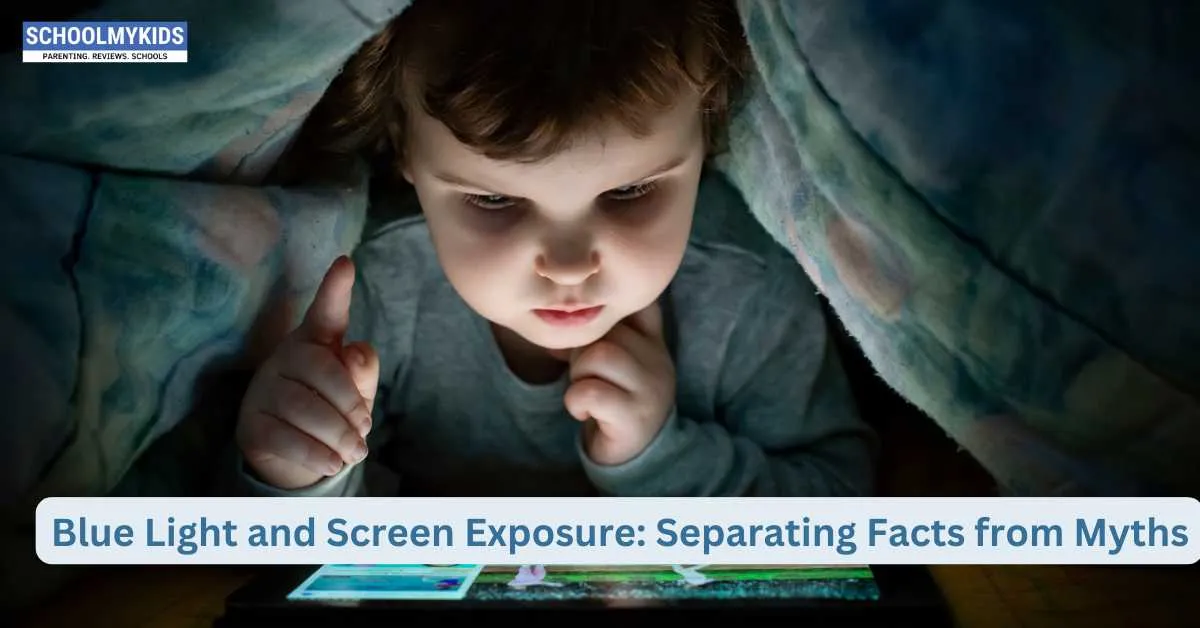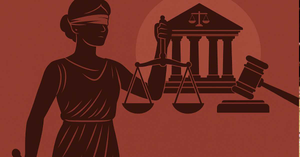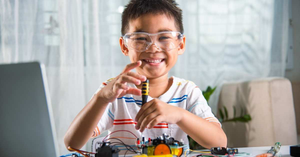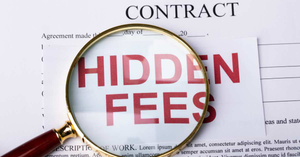Ever noticed how your eyes feel after watching back-to-back episodes of your favorite show on Hotstar till late night? That burning sensation isn't just your brain begging for sleep—it might be blue light taking its toll. As someone who's spent countless nights illuminated by nothing but my laptop screen during college project deadlines, I've often wondered: is this actually harmful, or just another digital health scare?
Truth is, we're the first generation experiencing this level of artificial light exposure. Our grandparents weren't checking WhatsApp forwards before bed (shocking, I know). So what's the real deal with blue light, and should we actually care?
What Exactly Is This Blue Light?
Blue light sits on the high-energy end of the light spectrum, with wavelengths between 400-500 nanometers. It's everywhere—pouring down from the sun during the daytime and glowing from every screen in your life—from your smartphone to your smart TV.
Here's the kicker: our bodies evolved with sunlight's blue light as a signal to be alert and awake. Great for daytime productivity, terrible when you're scrolling through Instagram reels at midnight!
Sleep Disruption: The Real Problem
The science is pretty solid here. When blue light hits your eyeballs in the evening, your brain basically thinks: "Oh, must still be daytime!" and puts a hold on melatonin production.
My cousin Rahul learned this the hard way during his CA exam preparation. "I couldn't figure out why I was lying awake for hours after studying," he told me. "Then my roommate pointed out I was staring at screens until I literally tried to sleep."
No melatonin = no sleepy feelings = staring at your ceiling contemplating life's mysteries at 3 AM.
Digital Eye Strain: Your Eyes Are Begging for a Break
Ever felt like your eyeballs might dry up after a marathon of online classes or work-from-home meetings? That's digital eye strain—and it's real, though thankfully temporary.
The symptoms aren't pleasant:
- Eyes drier than summer afternoon in Delhi
- Vision blurrier than a foggy winter morning
- Headaches that make you reach for the Zandu Balm
The 20-20-20 rule actually helps: Every 20 minutes, look at something 20 feet away for 20 seconds. Your eyes will thank you—mine certainly did when I started following this during my IT job.
Skin Effects: Not Just About Eyes
Some emerging research suggests that blue light might be affecting our skin too. While not nearly as damaging as those UV rays we've been hiding from under layers of Lakme sunscreen, blue light might contribute to some premature aging and hyperpigmentation.
I noticed weird dark spots on my left cheek last year—exactly where my phone rests during those hour-long calls with my mother. Coincidence? Maybe, maybe not.
Let's Bust Some Myths
"Blue light will make you blind!" Nope. Despite what some wellness gurus might claim while selling expensive blue light glasses on Myntra, there's zero evidence that blue light causes permanent eye damage. Your temporary discomfort isn't leading to blindness.
"Blue light glasses are magical!" I bought a pair from an online sale, hoping they'd solve everything. They helped a bit with eye strain, but they didn't transform my digital life. They're just one tool—not a miracle cure.
"Blue light is as dangerous as UV rays!" Not even close. UV radiation can cause serious damage to the eyes and skin. Blue light effects are subtler and mainly affect sleep and temporary comfort.
Practical Ways to Deal (That Actually Work)
Take real breaks. Not the "check WhatsApp instead of laptop" kind of break. I started taking actual 5-minute screen-free breaks every hour to look outside my window, and the difference was noticeable.
Create a tech sundown. My bedroom became a no-phone zone after 10 PM. Best decision ever. Sleep improved within days.
Adjust those screens. Night mode settings were literally made for this problem. They shift display colors toward the warmer end of the spectrum as evening approaches. Every smartphone has this feature now—use it!
Blink, for goodness' sake! We blink about 66% less when staring at screens. No wonder our eyes feel like the Thar Desert. I put a sticky note on my monitor that just says "BLINK" as a silly but effective reminder.
The Bottom Line
Blue light isn't the digital devil some make it out to be, but it's not harmless either—especially when it comes to sleep. The good news? Simple changes can make a huge difference.
Your relationship with screens doesn't have to be all-or-nothing. Like most things in life, moderation and mindfulness go a long way. Your eyes, your sleep cycle, and possibly even your skin will appreciate the effort.
Now, if you'll excuse me, I need to make some adrak wali chai, turn off my phone, and give my eyes the break they deserve!








Be the first one to comment on this story.